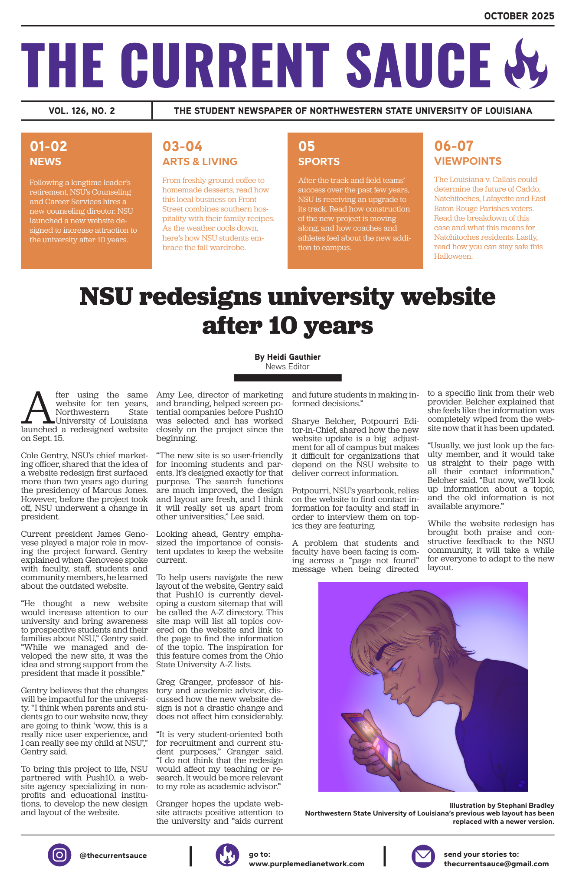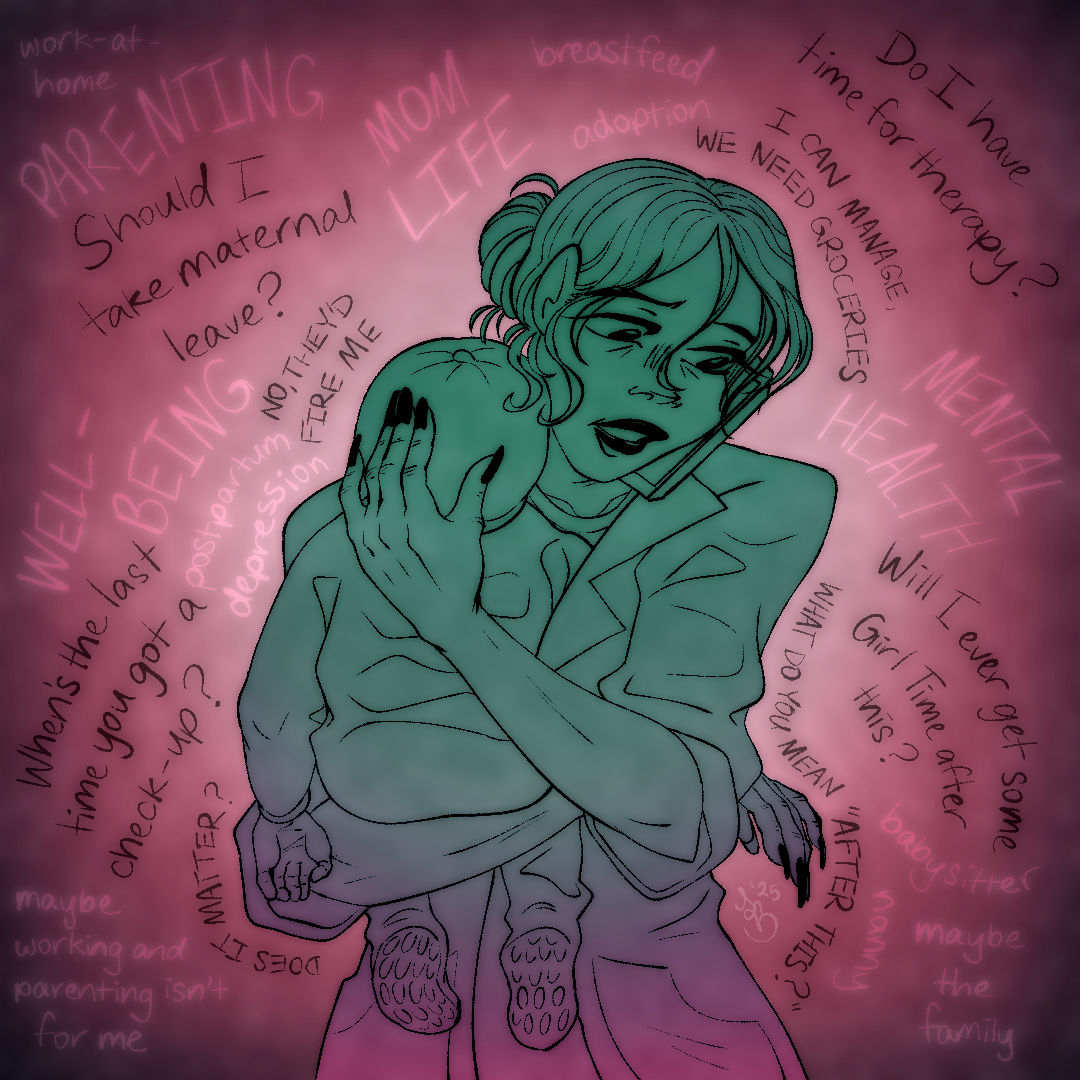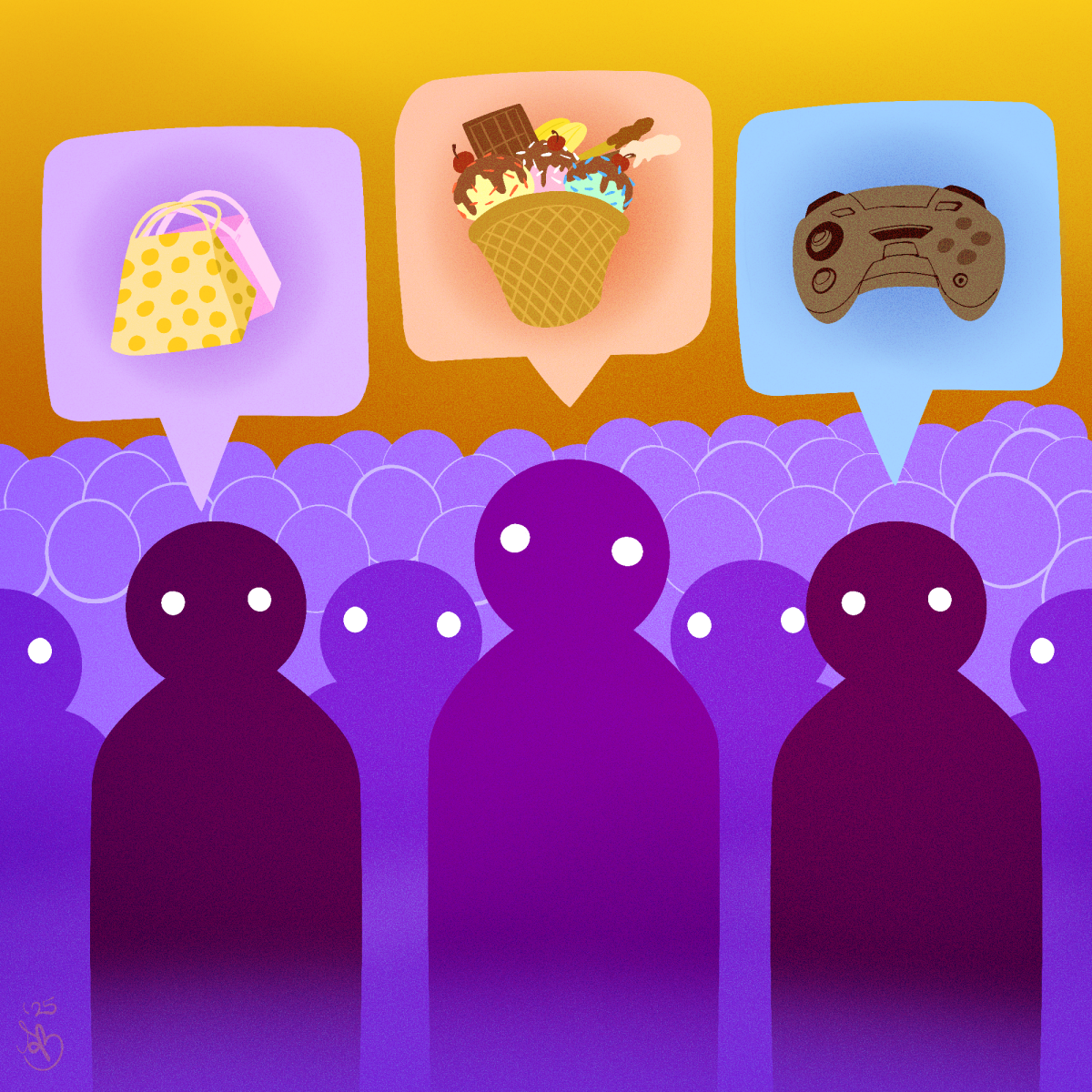For the greater part of history, women have been oppressed and had unfair expectations. They were expected to be passive and gentle. Women were valued based on their appearance and not their actions. Fewer rights in the law and a lack of suffrage pushed women into a second-class margin, and only in the last 100 years has the view of women really changed, according to Harvard International Review.
Yet, there is still the question: how much has the view of women changed through generations, and how many of the conventions of the past still remain? The truth is that women are seen as more capable, but we are still judged by the unfair criteria of the past and expected to fulfill the passive roles that society has allocated for us.
Sixty-three percent of people say that changing gender roles has made it easier for women to lead satisfying lives, according to Pew Research Center. Some gender roles, which have been historically attributed to one gender, are becoming slowly more acceptable for the other to take on. For example, a stay-at-home father is no longer unheard of and a woman with a career is no longer a laughable concept.
Though positive changes have come to be, such as women now having jobs that were historically male, our worth seems to still be somewhat tied to our appearance. Women who are conventionally attractive are given preferential treatment in education and the workplace, a concept known as ‘pretty privilege.’ Some may think that this is an advantage for women who are seen as more attractive, but in reality, it is still an unfair view of women. According to Forbes magazine, “Research on pretty privilege underscores the need to recognize and value the diversity of human experiences beyond physical appearances.”
Our professional worth should not be based on our appearance, but rather on our achievements, ability and expertise.
In addition to this, women are still expected to remain passive in situations where men do not have to be. In instances related to education and the workplace, men will often speak over women and expect them to accept it.
Although our expectations have expanded into the professional and scholarly realm, we are still weighed down by the conventions of the past. A woman can have a career, but she is also expected to come home and take care of her house and children. A stay-at-home mom is accepted, but a woman who chooses a career over children is looked down upon.
The truth is that while opportunities for women have been expanded, we still haven’t left behind the oppressive conventions of the past. This leads to women being expected to fill too many roles at once, which is an unjust presumption.



































